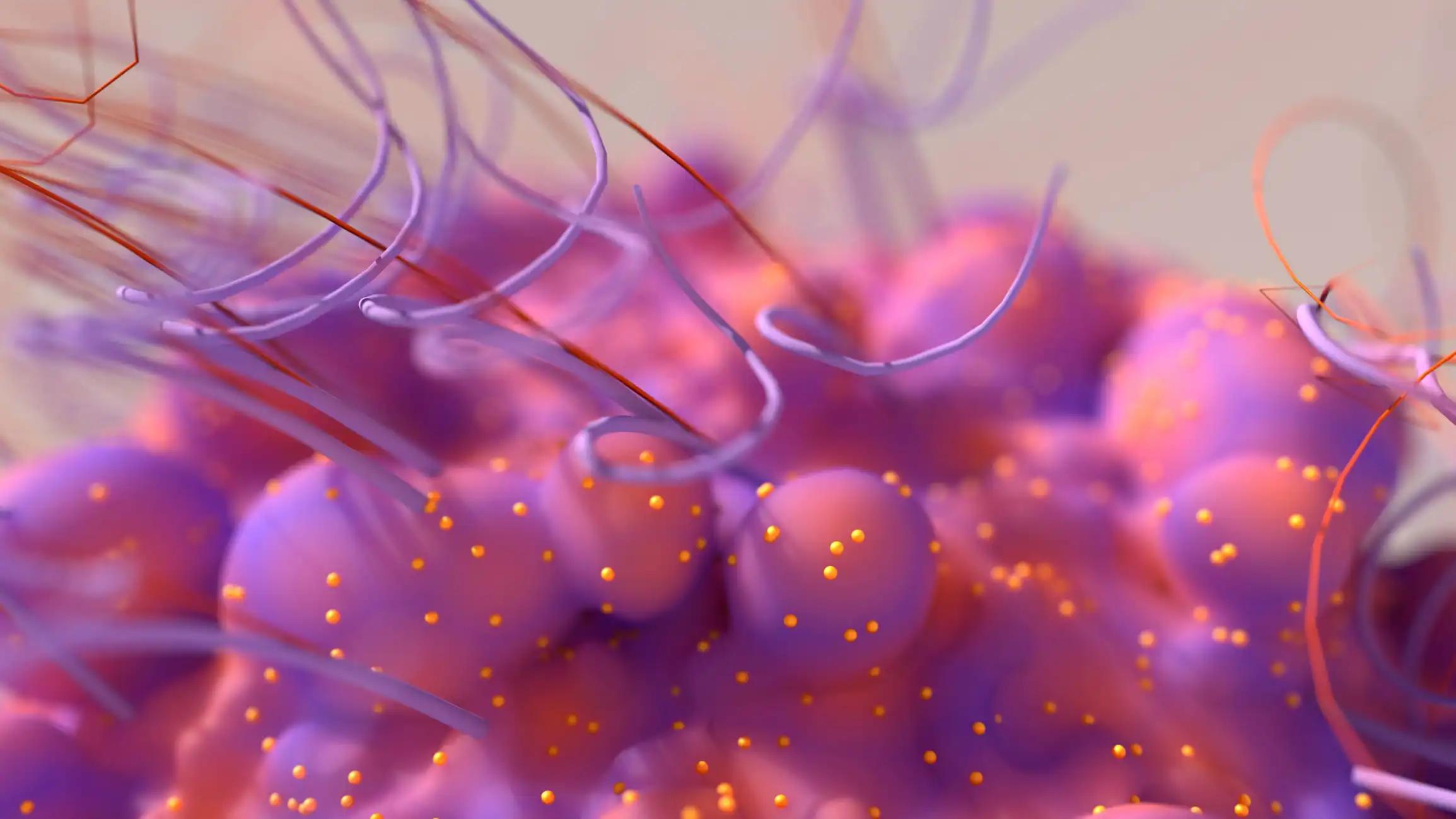KEY TAKEAWAYS
- The observational trial aimed to assess a ctDNA tumor-agnostic assay’s predictive efficacy for early response to single-agent PD-1 inhibitors in R/M SCCHN pts.
- The Primary endpoint was to determine the ΔctDNA and BOR.
- Researchers observed feasible tumor-agnostic ctDNA analysis and promising ΔctDNA in R/M SCCHN.
Only 15-20% of recurrent and/or metastatic (R/M) squamous cell carcinoma of the head and neck (SCCHN) patients (pts) derive long-term benefit from nivolumab or pembrolizumab.
Natasha Honoré and her team aimed to assess the feasibility of a tumor-agnostic ctDNA analysis for both HPV-negative and HPV-positive R/M SCCHN.
They performed an inclusive analysis using a tumor-agnostic assay encompassing 37 genes frequently mutated in R/M SCCHN, along with two HPV16 genes. The primary endpoint focused on assessing the concordance between ctDNA kinetics (ΔctDNA) and best overall response (BOR), as per Response Evaluation Criteria in Solid Tumors version 1.1 (RECISTv1.1).
ΔctDNA was defined as the difference in mean variant allele frequency (VAF) between the on-treatment sample harvested 6-10 weeks (FU1) after PD-1 inhibitor initiation and the pre-treatment plasma sample (ΔctDNA = mean FU1 VAF – mean pre-treatment VAF).
ctDNA was detected in 35/44 (80%) pre-treatment plasma samples. A concordance of 74% was observed between ΔctDNA and imaging response. The median progression-free survival (PFS) was 8.6 months in the favorable ΔctDNA group and 2.5 months in the unfavorable ΔctDNA group (p=0.057).
For median overall survival (OS), 18.1 months and 8.2 months were observed in the favorable and unfavorable ΔctDNA groups, respectively (p=0.13). In pts with PD-L1 expressing SCCHN (Combined Positive Score ≥1), those with favorable ΔctDNA exhibited significantly better OS compared to those with unfavorable ΔctDNA, with median OS of 8.4 and 41.5 months, respectively (p=0.033).
The study concluded that tumor-agnostic ΔctDNA analysis is feasible for both HPV-negative and HPV-positive R/M SCCHN. The researchers observed that ΔctDNA demonstrated promising results, serving as a valuable indicator for predicting the efficacy of PD-1 inhibitors in the studied population.
The study is sponsored by Cliniques universitaires Saint-Luc- Université Catholique de Louvain
Source: https://cslide.ctimeetingtech.com/immuno23hybrid/attendee/confcal/show/session/34
Clinical Trial: https://clinicaltrials.gov/study/NCT02139020



